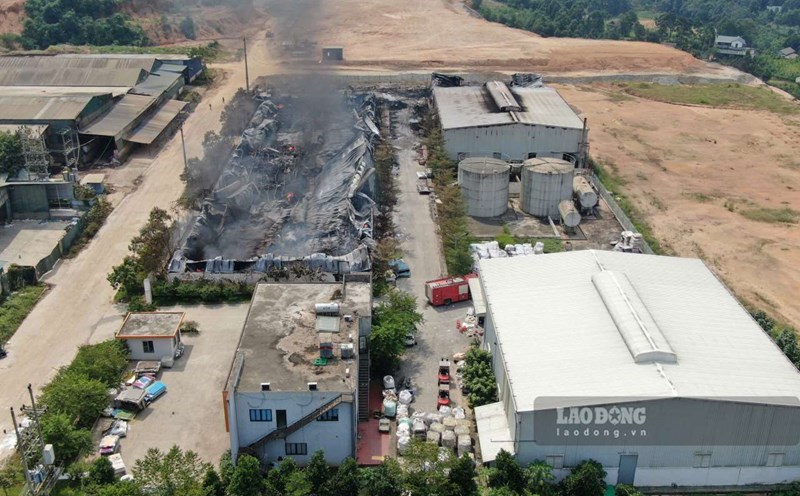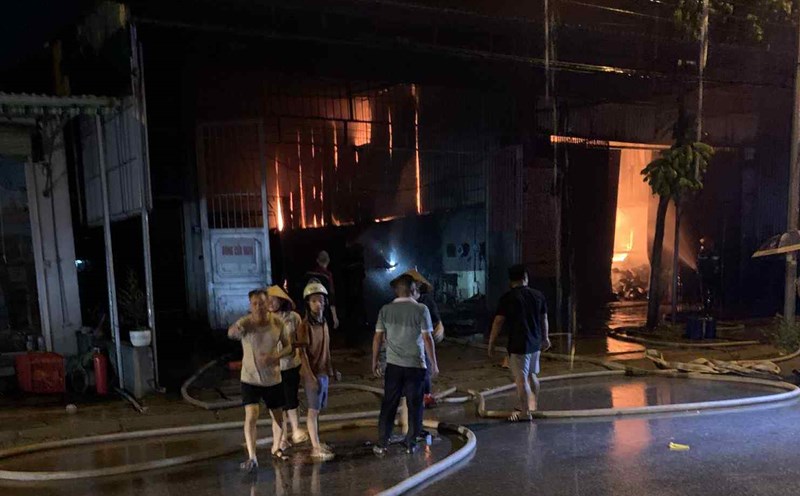The European Union (EU) is reportedly planning to freeze $1.7 billion in aid to Ukraine. The move comes after President Volodymyr Zelensky approved a bill to limit the power of the country's top anti-corruption agencies.
The money is part of a support program for Ukraine, called the Ukraine Facility, worth up to $4.5 billion and has been implemented by the EU since last year.
The fund was established with the aim of supporting Kiev's recovery in the post-confliction period and preparing for EU joining. The funding will be disbursed in installments, based on Ukraine's compliance with good governance standards and implementation of anti-corruption reforms as committed.
Meanwhile, the law that Zelensky issued on July 23 allows the prosecutor general to transfer corruption cases to other investigating units, and may suspend investigations in some cases.
This move raises concerns that the independence of the National Anti-Corruption Agency (NABU) and the Special Anti-Corruption Prosecutor's Office (SAPO) will be undermined. These are two agencies that have played a central role in efforts to eliminate corruption for the past decade in Ukraine.

After the approval, several protests broke out in the capital Kiev and major cities such as Lviv, Dnipro and Odessa. Many people believe that the law goes against the reform commitment and the path of European integration that Ukraine is pursuing.
In response to criticism, Ukrainian leaders affirmed that the changes were necessary to improve the effectiveness of the anti-corruption system.
Ms. Mart Kos - EU member on the expansion - said that the bloc is "deeply concerned" about Ukraine's move to put political influence on two agencies tasked with prosecuting corruption at the highest level despite the Kiev government's explanation.
Notably, the EU's temporary suspension of a part of the Ukrainian support fund is not only due to President Zelensky's decision. This move is also a result of Kiev's failure to fulfill three of the 16 reform goals it has committed to the EU.
However, some EU officials note that temporarily holding part of the fund from Ukraine is not the final decision and the committed amount can be recovered if Ukraine meets the requirements in time.











